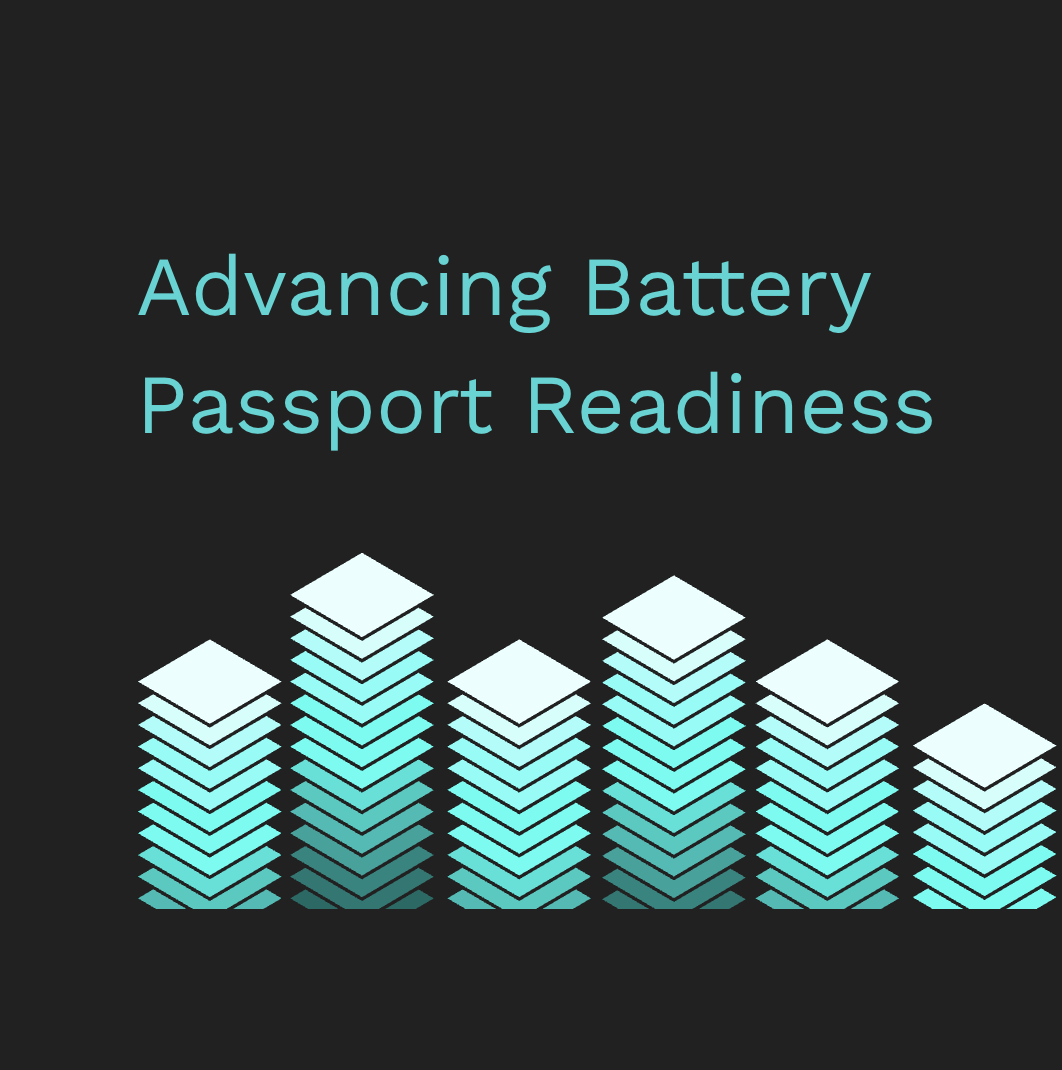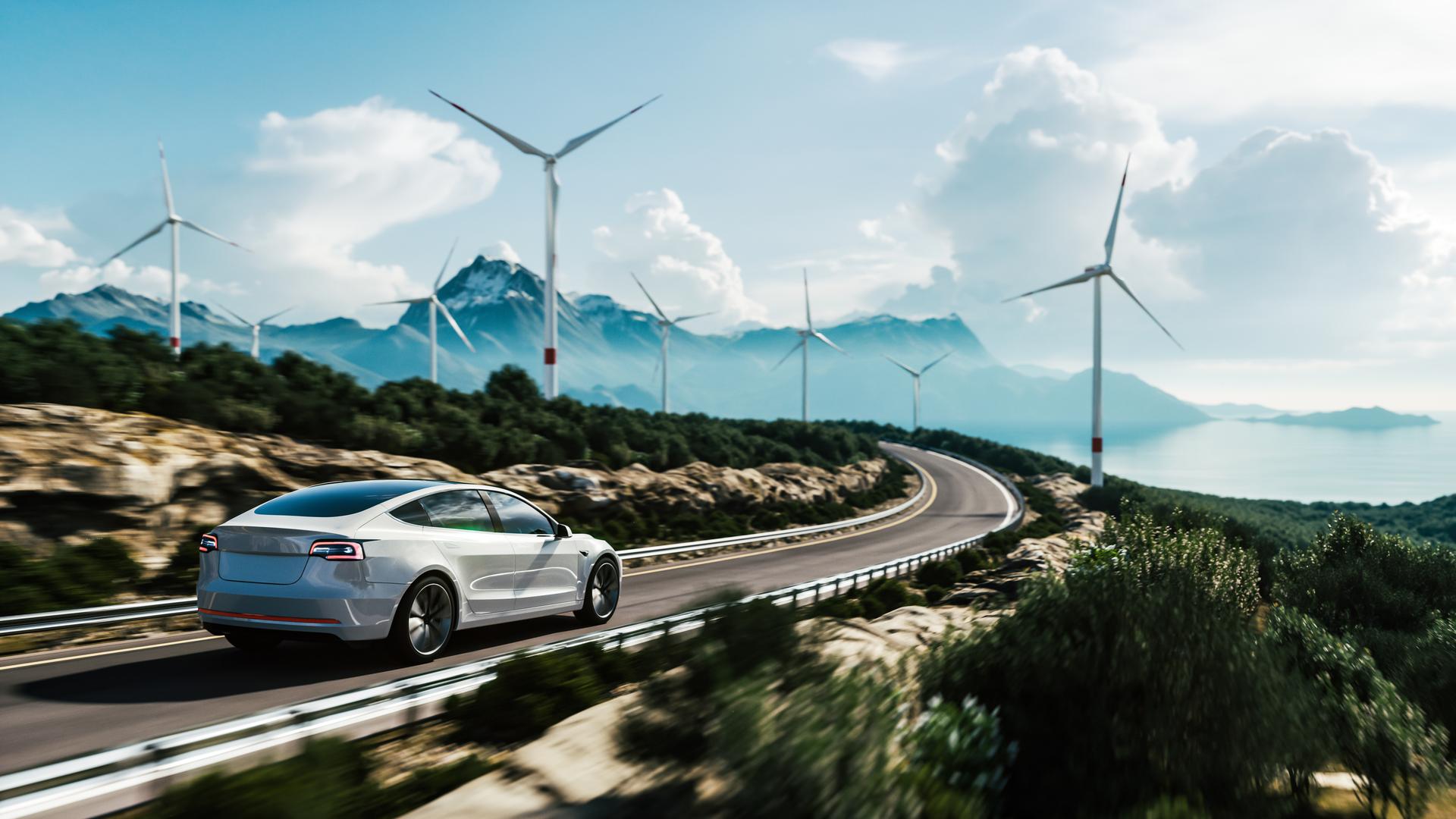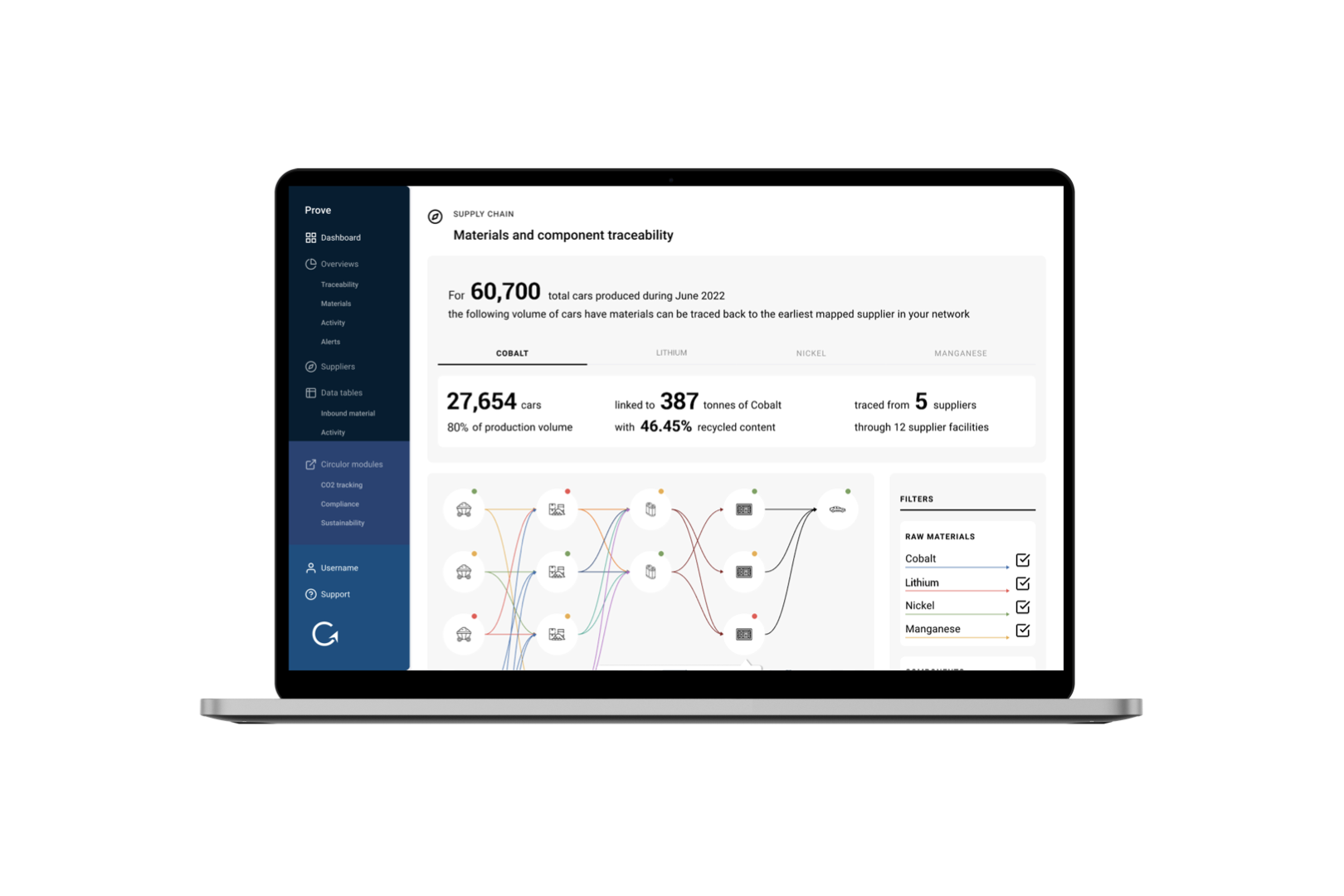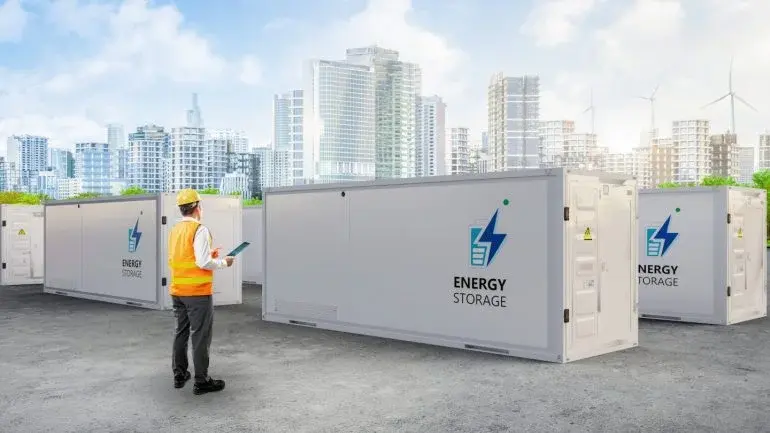
26.11.2025
News
November 2025 Newsletter: Regulations Tighten and Shift to Implementation. What You Need to Know for 2026
This month, China's expanding their export controls on critical materials potentially reshaping global supply chains, their emerging 15th Five-Year Plan will define the next wave of industrial competition, and there is growing resistance to the European’s 2035 combustion engine phase-out.
With enforcement deadlines tightening and geopolitical tensions rising, the question is no longer whether regulations will impact your business, but how prepared you are to navigate them. From supply chain traceability to battery passports, we're breaking down what's happening now, and what you need to do next.
What we're reading...
China tightens grip on critical materials
China’s Ministry of Commerce has announced new export controls on rare earth elements, related technologies and equipment, effective Nov 8, just before the 90-day US trade truce expires. Even if framework deals with the US stops export controls, China could still weaponise its dominance on critical minerals. Companies must obtain a licence to export products containing trace amounts of Chinese REEs and those derived using Chinese technology, regardless of where production occurs.
China’s new rules target lithium-ion cells/ packs at ≥300 Wh/kg and key production equipment. With most EV batteries below that, the squeeze lands on next-gen chemistries (silicon-dominant, lithium-metal, solid-state) and by broader licensing to Chinese-origin materials, magnets, and overseas tech, they also affect LREEs.
China begins mapping out its 15th five-year plan
The 14th plan reshaped global competition, using industrial policy and subsidies to propel EVs, lithium-ion batteries and solar, disrupting industries in Europe and the US, stoking trade tensions. Now China’s Central Committee has begun drafting the 15th Five-Year Plan, set for March 2026, emphasising high-quality, innovation-driven growth, technological self-reliance and a greener, more secure energy system. Pushing to “accelerate the development of industrial clusters” in new energy, new materials, aviation/aerospace and the low-altitude economy. It also aims to lift domestic demand, build a unified national market, and bolster advanced manufacturing, semiconductors, new energy and digital technologies.
Germany joins Italy in calling for changes to the 2035 zero emission mandate
The EU commission is set to review the 2035 target, in coming months. Germany and Italy have joined together to push for changes to ban new petrol and diesel cars from 2035. They argue that the current law unfairly penalises carmakers and should recognise other low-emission technologies, not just electric vehicles. Demanding that cars running on renewable fuels, such as biofuels or synthetic e-fuels, should still be allowed after the deadline.
What we're sharing...
Circulor Founder Named to the 2025 TIME100 Climate List
TIME has recognized our founder, Douglas Johnson-Poensgen, in the Innovator category of its 2025 TIME100 Climate list, highlighting Circulor’s impact on building sustainability into the supply chain through traceability and battery passports. Learn more here.
Volvo Cars Sets the Bar Again
Volvo has already achieved its 2025 CO₂ targets for new cars, driven in part by proactive traceability strategies and the introduction of the world’s first battery passport in the EX90. Read the review.
Navigating the EU Battery Regulation with PROVE
Circulor’s PROVE platform enables businesses to meet the EU Battery Regulation's stringent requirements by tracing and evidencing supply chain activities in real-time. Read more.






![Acculon RA Circulor - website image.001[44].png](/_next/image?url=https%3A%2F%2Fdecisive-wonder-fa24533282.media.strapiapp.com%2FAcculon_RA_Circulor_website_image_001_44_2720fb315d.png&w=1920&q=75)



